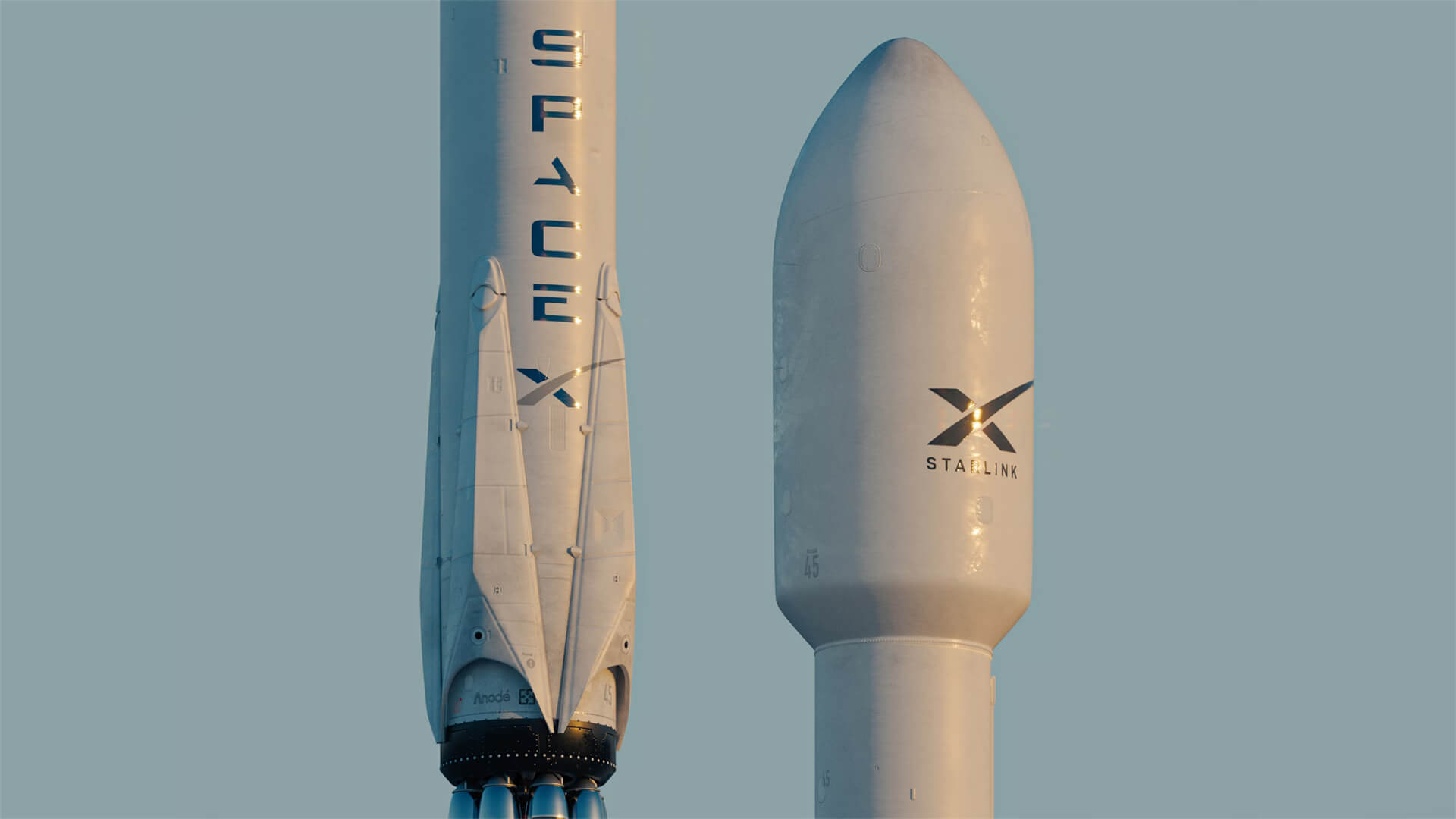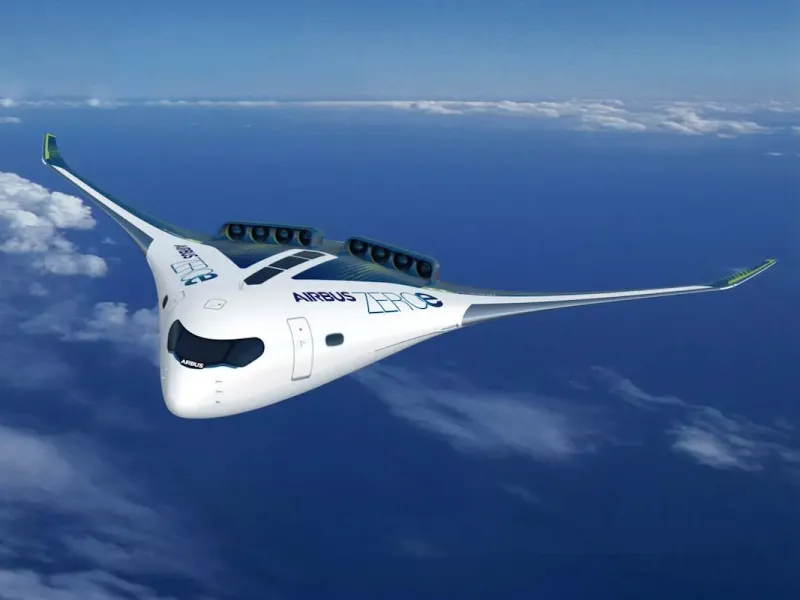Early Days: WWI and Propeller Fighters

During World War I, the U.S. Army Air Service relied on European designs like the French SPAD S.XIII and British Sopwith Camel. After the war, domestic designs began to emerge, setting the stage for future innovation.
World War II: Propeller Fighters

World War II saw the rise of fighters like the P-51 Mustang, P-47 Thunderbolt, and F4U Corsair. The P-51, with its long-range capabilities, became vital for escorting bombers over Europe, showcasing the importance of advanced engines and aerodynamics.
The Jet Age: F-86 Sabre (1950s)

The Korean War introduced the jet age with the F-86 Sabre, which engaged in iconic battles against the Soviet MiG-15. With swept wings and jet engines, the F-86 set a new foundation for future fighters in speed and maneuverability.
Vietnam Era: F-4 Phantom II (1960s)

The F-4 Phantom II became a symbol of U.S. air power during the Vietnam War. Its multirole capabilities and advanced radar allowed it to perform roles in both air-to-air and air-to-ground missions. However, the Vietnam war proved the new age of dogfighting capabilities, and hence the F-4’s underperformance. This paved the way for newer designs in the U.S. military.
Advancing Technology: F-14 Tomcat and F-15 Eagle (1970s)

In the 1970s, the F-14 Tomcat and F-15 Eagle were made as a response to the rapidly modernizing Soviet fighters. The F-14 was built with variable-sweep wings and long-range missiles. It eventually became a Navy icon through the Top Gun movie. The F-15 set new standards for speed, maneuverability, and firepower, even shooting down a satellite in 1985. As of 2025, an F-15 has never been shot down.
Stealth Era: F-117 Nighthawk and F-22 Raptor (1980s-2000s)




